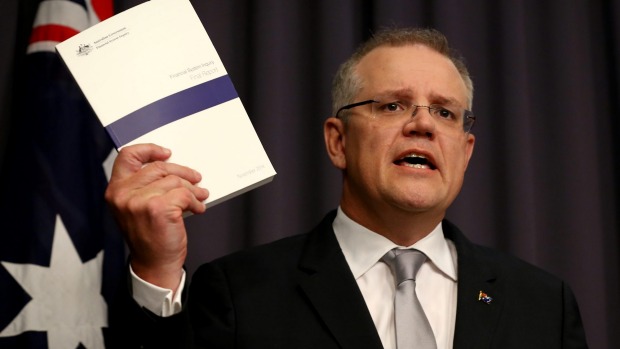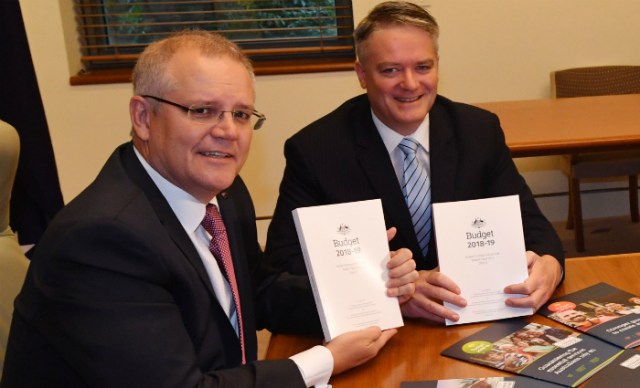
The Scott Morrison budget has won approval from the PIAA, but says the ‘incredible damage’ AusPost is causing to the economy needs rectifying through government reform. It also says the big $6.2bn tax on banks will result in higher costs for businesses, and that the crisis in energy was not addressed.
Andrew Macaulay, CEO of the PIAA says, “Printing Industries Association commends the Government on the small business tax cuts in this budget. The printing industries are the largest manufacturing employer in Australia with a strong representation of small businesses. We know first-hand that these tax cuts will directly result in increased investment back into growing business, buying much-needed new equipment and hiring and training more people, resulting in a stronger Australian economy.
Macaulay says, “We are delighted to see the extension of the immediate $20,000 deduction against capital purchases, and also the $300m commitment to cutting red tape for business. These both benefit small business, which is the driver of the economy.
Printing Industries is seeking clarification on the write down provisions for capital investment, and will extend discussions with Government to increase the speed at which this can occur.
Sounding a note of caution Macaulay says, “We do have reservations about the new imposts on the banks, as these costs will be borne by small business, and will certainly increase the cost of capital raising.”
Printing Industries is also seeking detail from Government on the future of Australia Post within this budget. Macaulay says, “That organisation is clearly at an inflexion point, with a change in leadership. With the incredible damage that current policies of Australia Post are inflicting on the economy it is high time the Government focused on reform of these key institution.
“Printing Industries is very concerned that this budget does not immediately address the energy security issue facing Australia, which if not rapidly addressed will distort most of the economic predictions underpinning the entire budget. If bureaucratic distortions to the energy market are not removed, industry can only contract.”
Some small businesses may be hit with a new foreign worker levy. Every employee on a temporary work visa will cost a business up to $1,800 per year, while businesses will pay a one-off levy for workers on a permanent skilled visa. This money will then be funnelled into states and territories, $1.5bn over four years, towards a new Skilling Australians Fund, prioritising apprenticeships and traineeships for Australians.
Macaulay welcomes the move, saying, “We are excited to see the Government’s commitment to improving and increasing vocational training through the creation of the Skilling Australia Fund. We have reached out to Government today to get greater detail on this.”
Comment below to have your say on this story.
If you have a news story or tip-off, get in touch at editorial@sprinter.com.au.
Sign up to the Sprinter newsletter



